MYRTLEBEACHSC DEEP DIVE: What is E-Verify and its Importance for Employers? How is the local industry able to work around E-Verify?
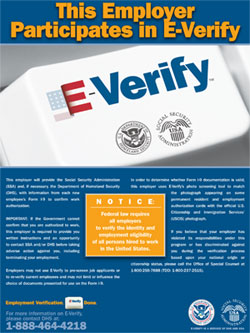
There are currently 12,659 Non “Primary” English Speaking Students Attending Horry County Schools. These students either speak no English or speak it as a second language. The parents of these students are supposedly required to sign up for E-Verify to gain employment in the Myrtle Beach area.
What may not be so well known is that the following three bills were filed in the SC House on January 9, 2024.
- 4657 – E-verify verification (with SLED, AG, a Solicitor, and SCDEW)
- 4668 – Circuit court bond hearing for illegal aliens charged with a crime that carries a max of 3 or more years must go before a circuit court for bond hearing. Currently, bond is set with magistrates who do not know if the person charged with a crime is an illegal alien or not. This moves it from magistrate court to circuit court where the judge will have that information by time of bond hearing.
- 4676 – Greater penalties for illegal aliens who drive without a license. Currently, illegals are stopped by law enforcement when driving without a license; however it’s difficult for law enforcement to know if a person is illegal or not.
These bills have been languishing in the House Judiciary Committee ever since they were introduced. Horry County has an oversized presence on the House Judiciary Committee. Case Brittain, Carla Schuessler and Val Guest are members.
HOW DO LOCAL EMPLOYERS AND ILLEGAL IMMIGRANTS GET AROUND THE E-VERIFY SYSTEM?
Most of these illegal immigrants work in the tourism industry or for real estate development house builders.
Each of these are connected to the Myrtle Beach Area Chamber of Commerce. It’s C.E.O., Karen Riordan, strongly supports measures by NGOs to bring in these immigrants. We covered Riordan’s statements here.
E-Verify is a web-based system that allows employers to verify the work eligibility of their employees. It is crucial for employers as it helps maintain a legal workforce and ensures compliance with immigration laws.
1 Understanding E-Verify system
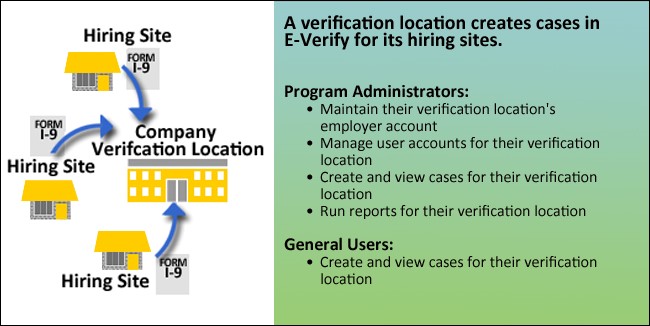
E-Verify is a web-based system used by employers to verify employee work eligibility. It helps maintain a legal workforce and ensures compliance with immigration laws.
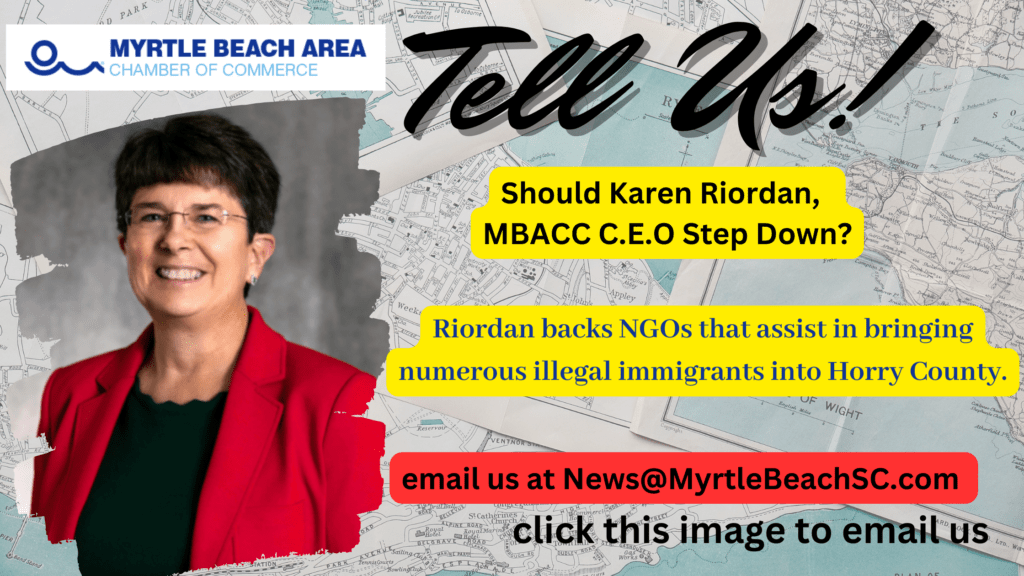
2 Benefits of E-Verify for Employers
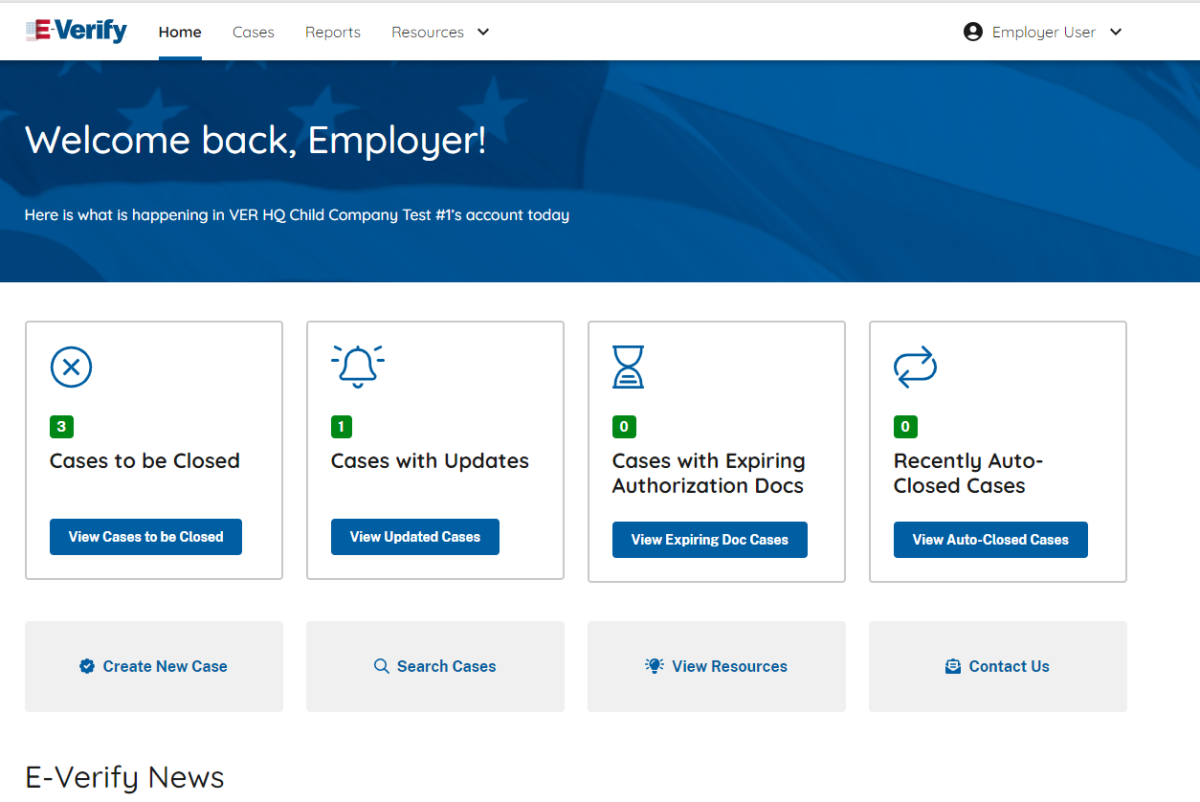
E-Verify offers several benefits to employers, including the ability to maintain a legal workforce and ensure compliance with immigration laws. It helps reduce the risk of hiring unauthorized workers, avoids penalties, and enhances the reputation of businesses.
Common Ways U.S. Employers Bypass E-Verify
U.S. employers employ two common methods to bypass the E-Verify system. The first is by hiring undocumented workers who present falsified documents, while the second is by using subcontractors to avoid their own E-Verify obligations.
1 Hiring undocumented workers through falsified documents
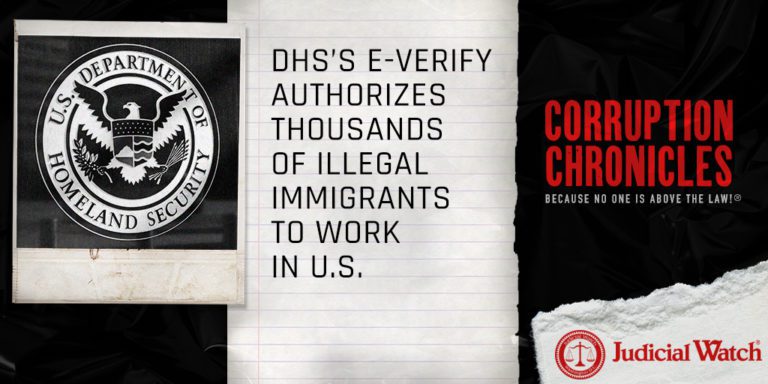
One common way that U.S. employers bypass the E-Verify system is by hiring undocumented workers who present falsified documents.
2 Using subcontractors to avoid E-Verify requirements
Employers often use subcontractors to bypass E-Verify requirements. By outsourcing jobs to these subcontractors, employers can claim ignorance about the status of the workers, enabling them to avoid the verification process.
Sources tell MyrtleBeachSC News that several housing developers are hiring one legal immigrant. They then make him their subcontractor. This subcontractor then goes on to hire an employment group of multiple illegals.
The housing developer can rightly claim he has no knowledge those employees were illegals.
Legal Implications of E-Verify Non-Compliance

Employers who fail to use E-Verify may face severe penalties. Non-compliance can result in fines, loss of government contracts, and even criminal charges. Additionally, knowingly hiring unauthorized workers can lead to legal consequences, including fines and imprisonment.
1 Penalties for not using E-Verify
Failure to use E-Verify can lead to significant penalties for employers in the United States. These penalties may include fines, the loss of government contracts, and even criminal charges. Employers must comply with E-Verify regulations to avoid these consequences.
2 Consequences of knowingly hiring unauthorized workers
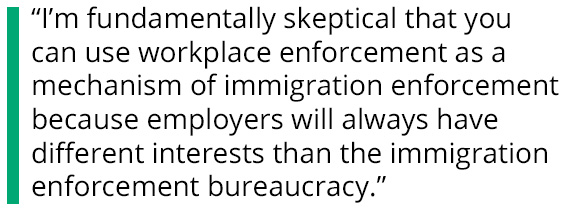
Employers face severe consequences for knowingly hiring unauthorized workers. These consequences can include fines and penalties, loss of government contracts, and even criminal charges.
Strategies Employed by Employers to Manipulate E-Verification

Employers employ several strategies to manipulate E-Verification , including exploiting legal loopholes and misclassifying employees to avoid verification. These tactics allow them to bypass the system and hire unauthorized workers without facing consequences.
1 Exploiting legal loopholes

To bypass E-Verification, some U.S. employers exploit legal loopholes, taking advantage of gaps in the system. These include using forged documents, manipulating employment classifications, or exploiting exemptions for certain industries.
2 Misclassifying employees to avoid verification

Misclassifying employees is another strategy used by U.S. employers to avoid E-Verification. By incorrectly categorizing workers as independent contractors or part-time employees, they can bypass the legal requirement to verify their eligibility.
Government Oversight and Efforts to Improve E-Verification System

Efforts to improve the E-Verification system include regular updates and enhancements to enhance its accuracy and efficiency. Stricter enforcement of E-Verification regulations is expected to result in increased employer compliance and a more effective system overall.
1 E-Verification system updates and improvements

The E-Verification system undergoes regular updates and improvements to enhance its accuracy and efficiency. These updates include new features and functionalities to ensure more reliable verification of employees’ work eligibility.
2 Impact of stricter E-Verification enforcement on employers
The stricter enforcement of the E-Verification system has significant implications for employers. They face increased pressure to comply with the verification process, resulting in more thorough employee screenings. This leads to a reduced risk of legal consequences and penalties for non-compliance.
Conclusion

Employers play a crucial role in maintaining a legal workforce through the use of the E-Verification system. Stricter enforcement ensures compliance, reducing the risk of penalties and legal consequences. The ongoing efforts to improve E-Verification will further enhance its effectiveness in preventing unauthorized employment.
1 Importance of EVerify for maintaining legal workforce
E-Verification is vital for employers to ensure they hire only authorized workers, reducing the risk of legal consequences and penalties for employing unauthorized individuals.
2 Future trends in employer compliance with E-Verification regulations
Future trends in employer compliance with E-Verification regulations are expected to focus on increased integration with other employment systems and enhanced data analytics capabilities. Employers will likely face stricter enforcement measures and may be required to regularly update their employee verification processes to align with changing regulations.


